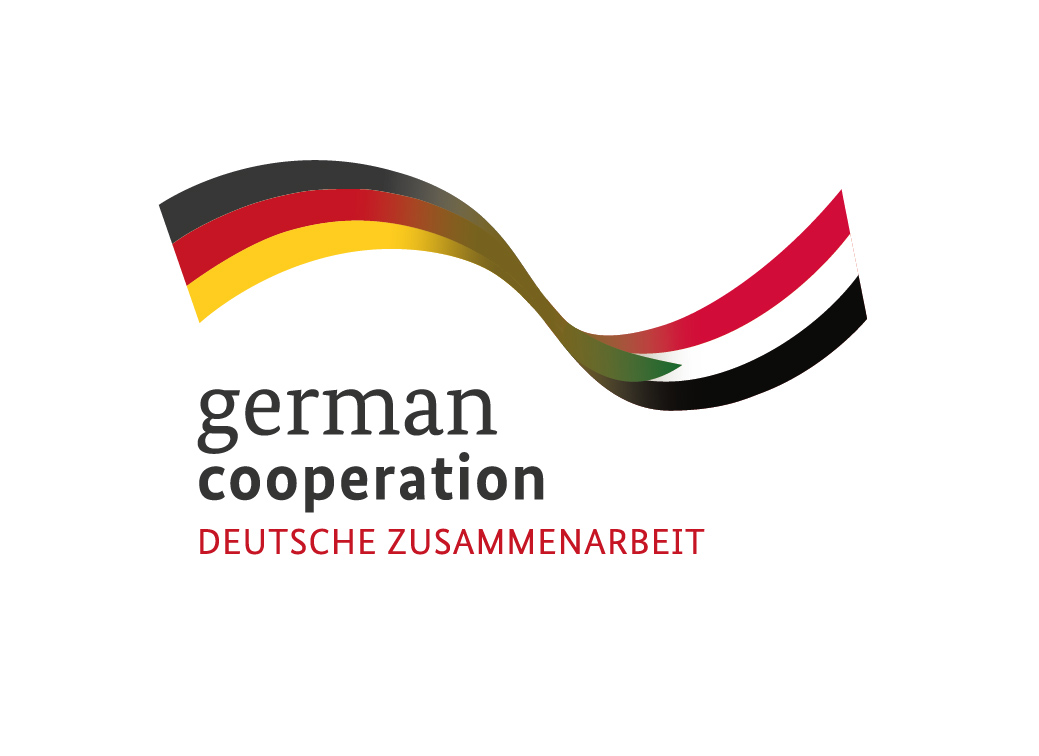Covering the International Criminal Court as a Journalist
Resources for journalists looking to produce stories about the International Criminal Court.
Resources for journalists looking to produce stories about the International Criminal Court.
As a court of last resort, the ICC seeks to complement, rather than replace national courts.
Even the most comprehensive accountability measures may be seen as incomplete by the affected community without effective reparations.
A growing and evolving collection of methods and tools used to gather and analyse publicly available information.
Created in 2008, the African Court of Justice and Human Rights continues to face significant legal, practical and political obstacles.
International Criminal Law (ICL) is a body of public international law which ascribes criminal responsibility to individuals.
The practice of being aware of and sensitive to the implications of reporting in/on conflict-affected areas.
Transitional justice is justice adapted to societies transforming themselves after a period of pervasive human rights abuse.
The domestic prosecution of international crimes is essential for addressing the needs of victims and survivors.
The international crimes framework in Sudanese law, and the events that influenced its introduction.
International Humanitarian Law is a branch of Public International Law applicable in times of armed conflict.
International criminal law can be pursued at the international, regional, domestic, and inter-state levels. These levels often intersect ...
Human rights monitoring is a crucial tool that provides an ongoing accountability mechanism that can act as an early warning system.
The only permanent tribunal with the jurisdiction to investigate & prosecute individuals charged with international crimes.

